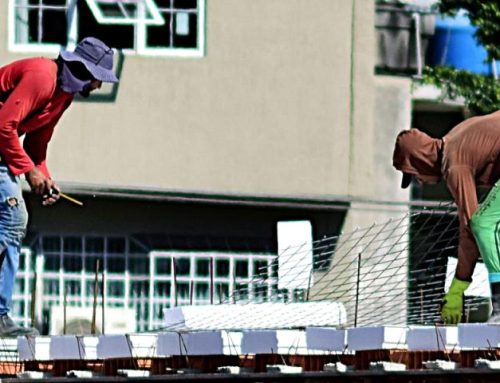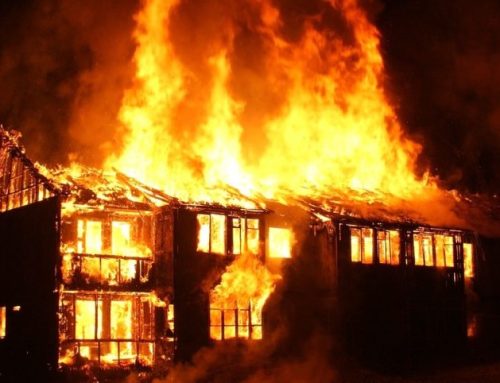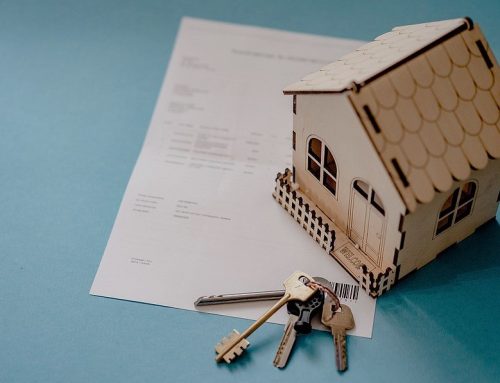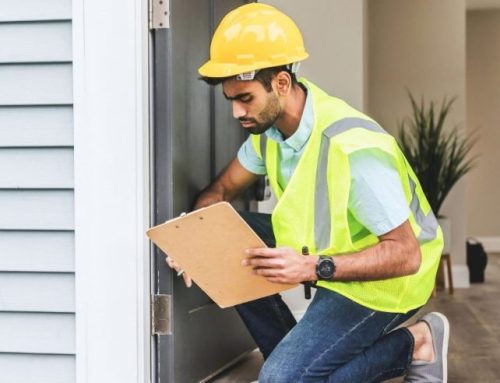Should You Get Professional Inspections on New Construction?
At first glance, you wouldn’t think you would need an inspection on a brand new home. After all, it is brand new, and it’s all under warranty. So why spend the extra money to have some outsider or take a look that’s something that’s brand new and in perfect condition?
Yes, it is an added expense. But while builders generally do a good job, construction mistakes are fairly common, and buyers shouldn’t be surprised by a home inspection report revealing flaws in the house. Even with new construction, there still can be hidden problems. For example, did they paint the entire closet, pantry, and laundry room, places a buyer might not look as closely?
So home builders are not perfect, and this is, after all, one of the biggest expenses you’ll ever have in your life. It not only might be worth some peace of mind, it might save you a lot of money later on, having this done.
Getting an inspection for a new construction home is a great insurance policy for the common issues that a home inspector should look for. These include plumbing, framing, electrical, and structural issues. A home inspector can’t look for everything, but he can point out common — and potentially concerning — issues.
But it’s under warranty

A home warranty is an important aspect of new construction. Builders generally guarantee the work of their contractors for one year after completion of construction. But an inspection is an excellent way to catch hidden defects and hold the builder responsible. It’s also an excellent way to ensure that your new home meets standards and is comfortable. A home inspection provides documentation to hold builders accountable for the work and correct issues before you move in.
Many new construction homes have limited warranties, and an inspection can be well worth the investment. And warranties don’t last forever. It’s best to catch any defects early.
FYI, it’s always better to hire a professional home inspector than to do it yourself. Most of us are not construction experts.
Get inspections before the drywall is up and after
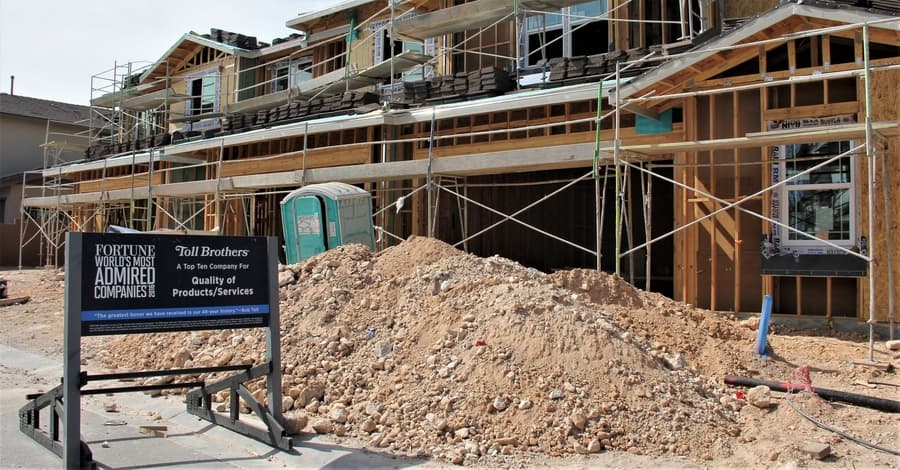
The most important inspections you can get on a new construction home are the ones performed after it’s framed but before the drywall is up. That’s your last easy chance to see what is (or is not) behind those walls. For example, the electrical system should be checked before walls are put up because electrical issues can cause fires. While many builders do a pre-drywall inspection, not all of them perform them. Drywall can cover up problems and mistakes. It’s important to get inspections before the drywall is up, and again when the house is done, so that any problems or mistakes can be corrected.
You also should have photos and video taken at that preliminary inspection so you have a record of what is where inside the walls, like plumbing and electrical. That might make additions, improvements, and repairs easier later one,
You’ll undoubtedly have to schedule this through the builder, who might be a bit reluctant as they don’t want just anyone poking around on the construction site. (So you should ask for that ability before you sign the papers in the first place. You also want to make sure that the final inspection doesn’t clash with the closing date.)
Should You Get a Professional Inspection on a New Construction Home?
Construction Issues in new homes
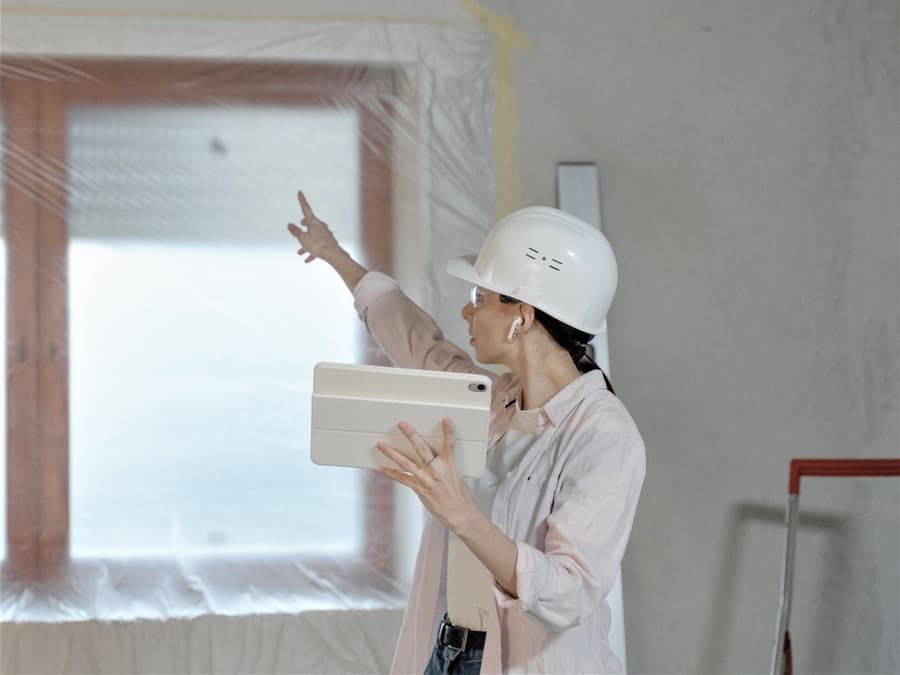
The electrical system should be checked before walls go up because electrical issues can cause fires. There can be loose or exposed wire where most people don’t look, like the attic.
It’s hot in Scottsdale, and your inspector will make sure that insulation is where it’s supposed to be. Missing insulation can cost you in higher energy costs for years.
They will will look for:
- Roof tiles that might be missing or damaged,
- Window seals that are broken or the wrong kind installed,
- Broken wood in the attic or elsewhere and missing nails that are supposed to hold things up. Structural issues are no small matter,
- Plumbing issues,
- Doors and windows are hung properly,
- Gaps in the walls that may allow unwanted visitors into the house,
- Proper drainage leading water away from the foundation,
- To see that all the duct work connected, and connected, properly,
- And more.
But Wait; There’s More
Another reason some buyers pay for their own inspection is that builders and subs may a little closer attention to what they’re doing when they know they’re going to be checked by an outside professional inspector.
Related Posts

Contact Form




